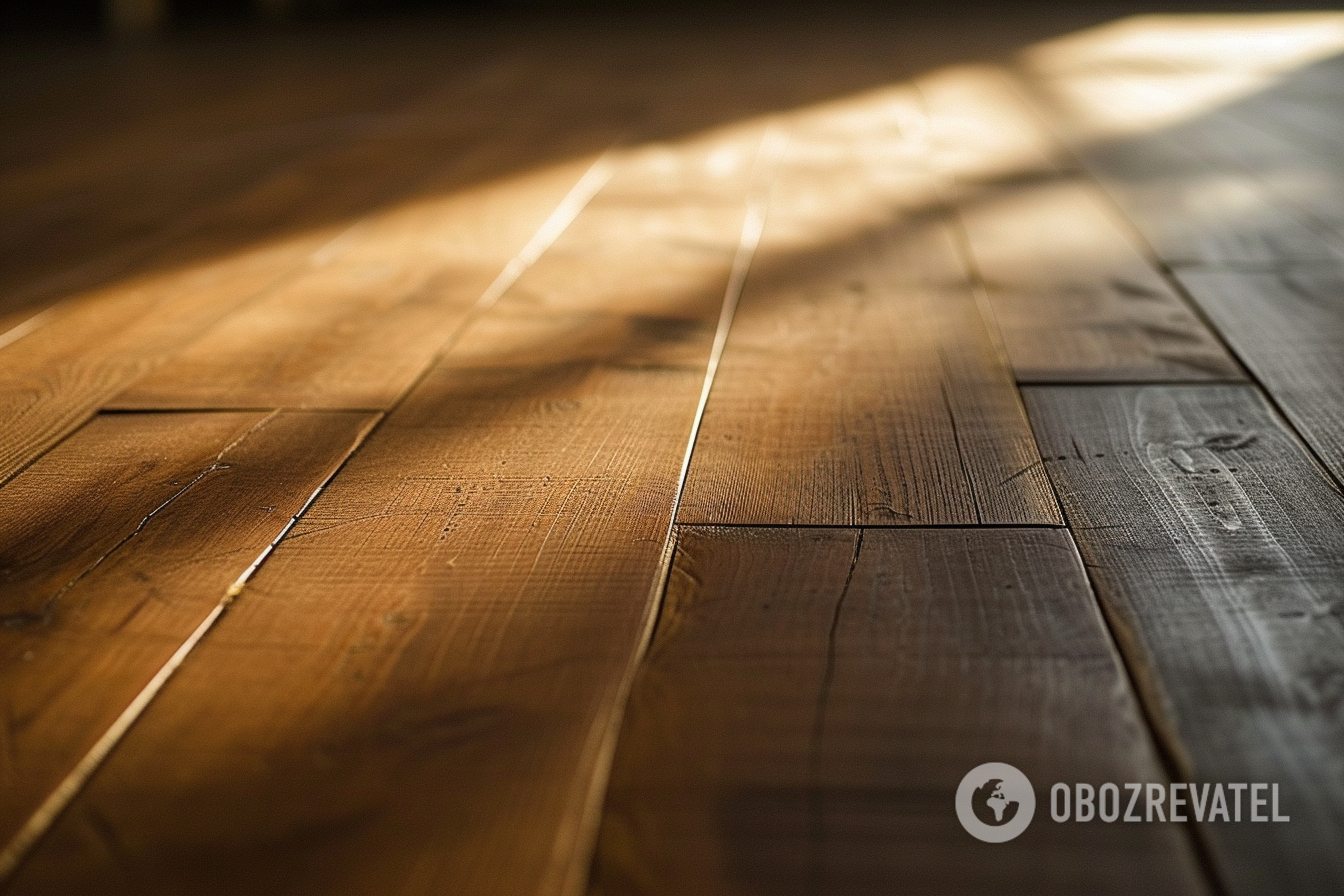Life
It will be a disaster: what surfaces at home should never be cleaned with vinegar
White vinegar is a versatile and environmentally friendly product used not only in cooking. The liquid is actively added to a variety of homemade cleaning products, from window cleaning sprays to mold removal paste.
However, you should be careful - the acidic structure can damage some surfaces. Experts say you shouldn't clean with vinegar.
Stone countertops
Stone granite countertops perfectly complement the kitchen, but they need to be properly maintained.
Anna Elkington, a specialist at Melody Maison, noted that granite is very sensitive to white vinegar, as the liquid contains harsh acids that clean small particles of stone from the surface of granite. Countertops after wiping with vinegar will look dull and worn, so it is important to never use acidic products to clean granite surfaces, even in small quantities.
Wooden floors and furniture
Acetic acid will damage hardwood floors. Vinegar can also expose the wood to further damage, which can be costly to repair over time.
"Vinegar will remove the shiny finish on the parquet, so the wood will look dull and old. It's important to note that the same applies to any wooden furniture or decorative elements," the expert said.
Mirrors
White vinegar may seem like the perfect cleaner for removing stubborn stains from mirror surfaces, but over time, this life hack can do more harm than good. With prolonged use, vinegar can seep onto the edges of the mirror and completely ruin the silver base.
A safe alternative is to use a glass cleaner, and a soft microfiber cloth will help polish off stains.
Devices with rubber parts
You should also avoid white vinegar when cleaning any appliances that contain rubber parts. Over time, the acidity can begin to wear away at the rubber, and for large appliances such as dishwashers and washing machines, replacing the seals can be quite expensive.
Subscribe to the OBOZ.UA channels in Telegram and Viber to keep up with the latest events.




























